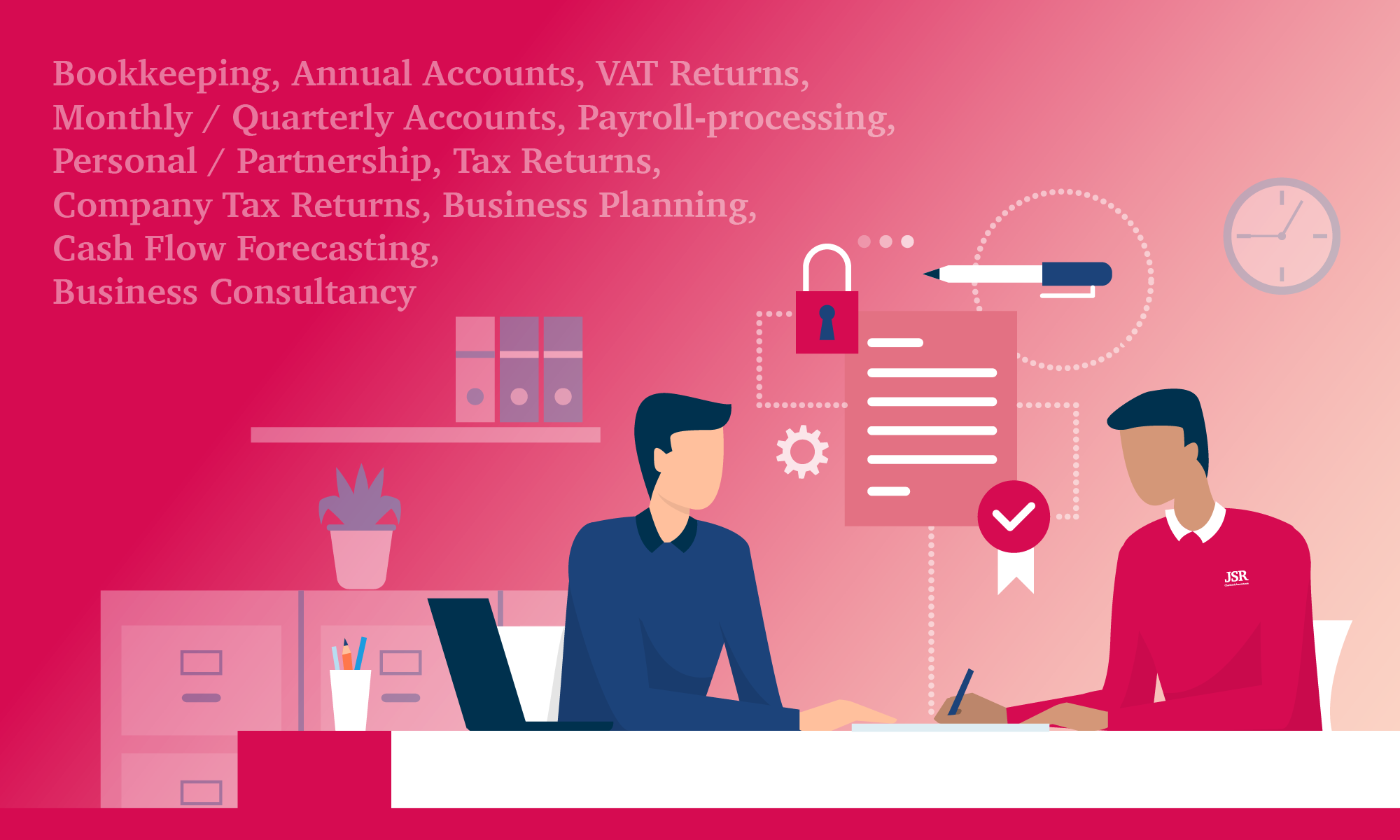PERSONAL TAX
- The Personal Allowance will increase from £9,440 to £10,000 from April 2014 and to £10,500 from April 2015
- Threshold for 40p income tax is to rise from £41,150 to £41,865 next month and by a further 1% to £42,285 next year.
- Inheritance Tax waived for members of emergency services who give their lives in the job
- 10p rate for savers is abolished
NATIONAL INSURANCE
- The primary threshold for employees will increase from £7,755 to £7,956
- Upper Earnings Limit will rise from £41,150 to £41,865
- New NIC employment allowance of £2,000 begins in April 2014
- Under 21’s taken out of employers’ national insurance contributions
CORPORATE TAX
- Currently at 23%
- Will be cut to 21% in April 2014
- Will be cut again to 20% April 2015
PROPERTY AND INFRASTRUCTURE
- Help to buy equity loan scheme extended to March 2020
- From midnight tonight properties bought for more than £500,000 through “corporate envelopes” will be liable for 15% Stamp duty.
- Government to create £500m builders finance fund which will provide loans to developers to unlock housing units stalled due to difficulty accessing finance
BUSINESSES
- Annual investment aallowance to be doubled to £500,000 until the end of 2015
- First enterprise zone in Northern Ireland to be established in Coleraine, which the government will support by offering enhanced capital allowances to investors within that zone.
DUTIES
- Fuel duty rise as planned for Sept 2014 has been cancelled
- Beer duty will be cut by 1 penny from 24 March 2014
- Duty on spirits will be frozen for 2014-15
- Machine games duty (MGD) the government will create a new higher rate of machine games duty at 25% for B2 machines
- Bingo duty will be reduced from 20% to 10%
- Tobacco duty will increase by 2% above the rate if inflation from 6pm on 19 March 2014. Annual duty increases of 2% above the rate of inflation will continue until the end of next parliament.
SAVINGS
- A new single ISA will be introduced with equal limits for cash and stocks and shares. The annual investment limit will be increased to £15,000 per year
- The cap on investments in premium bonds will be lifted from £30,000 to £40,000 from 1 June 2014, to be lifted again to £50,000 in 2015-16
PENSIONS
- All tax restrictions on pensioners’ access to their pension pots to be removed. The taxable part of pension pot taken as cash on retirement to be charged at normal income tax rate, typically 20% down from 50%
- There will be an increase in total pension savings people can take as a lump sum to £30,000
- The total amount you can contribute to your pension scheme with tax relief each year is being cut from £50,000 to £40,000
- The tax free lifetime allowance for the value of your pension pot is being cut from £1.5m to £1.25m
CHILDCARE
The Tax free childcare costs cap, against which parents can claim 20% support, will be increased to £10,000 per year for each child. This will mean that eligible parents can now benefit from greater support, worth up to £2,000 per child per year from autumn 2015. Tax free childcare will be rolled out to eligible families with children under 12 within the first year of the schemes operation.


